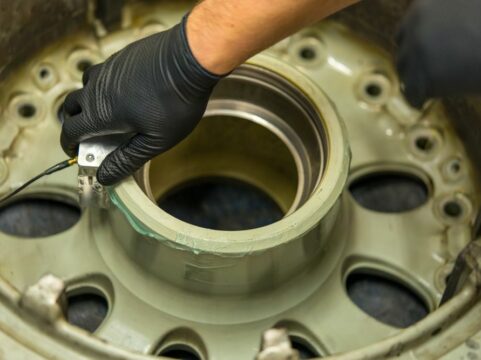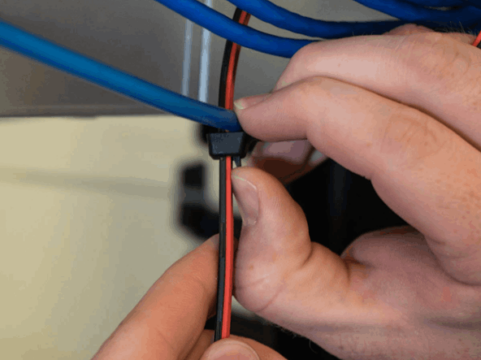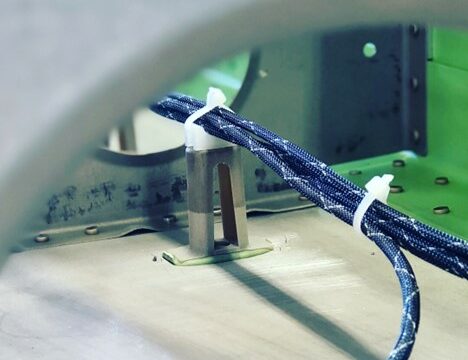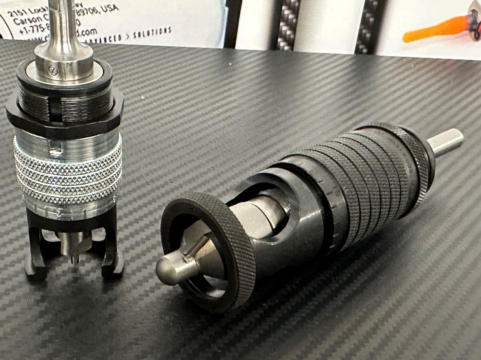What Are Military Seals and Why Are They Crucial in Defence Applications?
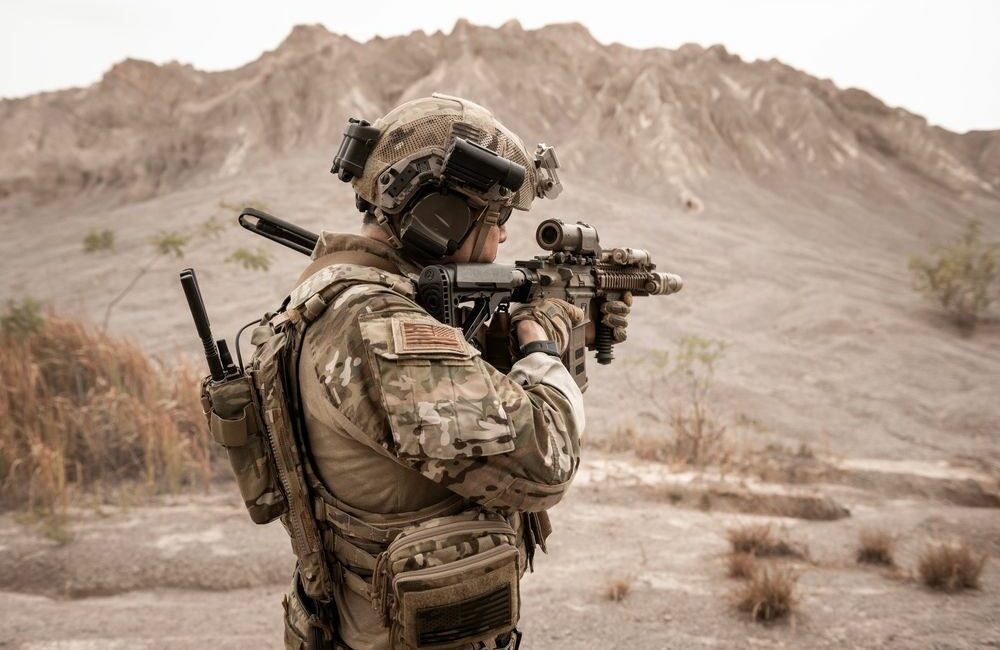
- May 29th, 2025
- Categories: Uncategorised
Modern defence operations demand strength in mechanical, electronic, and structural components, but how do they remain reliable at all costs, and what do they offer specifically to military missions?
Protecting, sealing, and preserving critical assets, military seals are compact components non-negotiable in land, air, and naval systems.
If you are an engineer, a defence contractor, or interested in military-grade hardware, this article will be your ultimate guide to military seals!
What Are Military Seals?
From World War II to the Vietnam War, military gaskets and seals are sealing solutions that protect sensitive electrical components from dust, water, dirt, unpredictable weather, and a range of other environmental hazards. Soldiers work in extreme conditions at home and overseas, and military seals work well against:
- UV exposure
- Mould and mildew
- Temperature fluctuations
- Snow, wind and rain
- Sand and dirt
- Dust and other debris
- Grime and grease
Preventing fluid leaks, containing gases, blocking contaminants, and separating components in military-grade systems, military seals form an airtight or fluid-tight barrier between parts. This means that sensitive equipment functions even under extreme operational stress.
Seals can range from simple O-rings to highly specialised, multi-material assemblies custom-built for fighter jets, submarines, and armoured vehicles.
Types of Military Seals
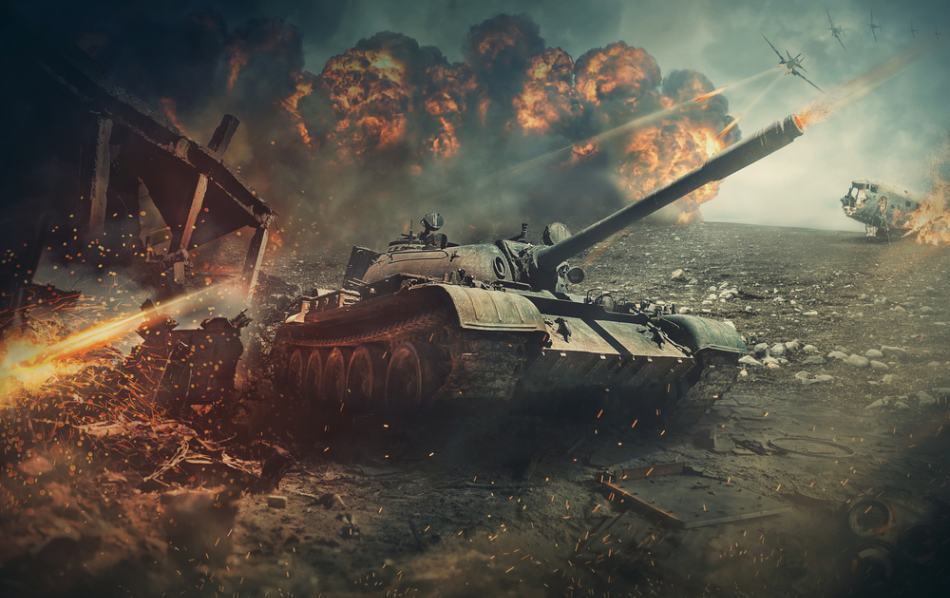
Seals are used across all branches of the military. Let’s take a look in detail!
In aviation and space, seals must endure extreme temperature swings, pressure fluctuations, and intense vibration.
Military seals are excellent for jet engines, fuel delivery systems, avionics, cockpit pressurisation, and solving challenges in high altitudes, supersonic speeds, and thermal cycling.
Seal types include O-rings, T-seals, rotary seals, and lip seals that support chemical stability and temperature resistance.
Naval defence applications, such as submarine hulls, propulsion systems, and torpedo launch mechanisms.
Military seals, such as metal-to-metal seals, elastomeric gaskets and shaft seals, provide support in corrosive environments, under high pressures and while under long-term submersion.
Military land vehicles face dirt, mud, fuel exposure, and physical impacts.
Rod seals, dust seals, and piston seals protect tanks, artillery, fuel systems, and suspension systems from mechanical shock, chemical exposure, and temperature extremes.
Let’s take a look at some more of their applications:
- Insulation for interior engine compartments
- Seals the inside and outside of vehicle doors, windows, and hatches
- Vibration mounts for electronic displays
- Custom-moulded products for tanks, choppers, missile defence systems and personnel carriers
- Protective coverings for sensitive electronic equipment and mechanical components
- Sealing hardware to protect openings in enclosures and in panels
- Sealing boots for circuit breakers and mechanical switches
Military seals are durable, tough, and long-lasting components for your next project.
What are some of the properties of military-grade rubber seals?
Since constant running can wear out an ordinary seal, military-graded seals are made to resist abrasion. When a tank moves across rough ground, its seals must cope with lots of small knocks or scrapes if they’re to remain intact and stop leaking.
Military seals are flexible and work well even when fitted onto uneven surfaces or used on moving parts that alter shape from temperature changes. For example, seals around hatches on ships have metal openings that bend as temperatures vary in the ocean. They remain compressed as if the hatches were a rectangle.
They have exceptional tensile strength, such as on hydraulic lines in planes. Military seals cope with high pressure caused by movements inside the aircraft’s wheels, wings, etc.
They are resistant to chemicals, including oil, petrol, and other fluids that are flammable or often fade/scratch weaker materials.
Military-grade rubber seals are known to hold up in arctic environments (- 15°C) or hot deserts of up to 200°C.
Materials for Military Grade Seals
What are some of the most common materials used for military seals?
- Viton (FKM) offers excellent chemical resistance and performs well at high temperatures. Common in aerospace and fuel systems.
- Nitrile (Buna-N): Known for oil resistance, often used in hydraulic and pneumatic systems.
- Silicone: Functions across wide temperature ranges; good for static sealing in electronics or airframes.
- PTFE (Teflon): Non-reactive and highly durable. PTFE is commonly used in sealing systems that need chemical resistance or low friction.
- Polyurethane: Offers high abrasion resistance and good mechanical strength.
- Metals, such as stainless steel and inconel, for high-pressure environments such as jet engines or undersea propulsion systems.
- Nickel alloys for corrosion resistance in marine environments.
The great thing about military seals is that their materials can be customised to your application. Custom seals can be made for aircraft engine seals may be composed of compounds (such as fluorosilicone) which handles high temperatures and chemicals found in aviation fuels.
Ground vehicle suspension systems often travel through rough terrains, so specially-made seals using EPDM or nitrile rubber mixed with strong fillers are resistant to abrasion. This allows for demanding movements typical of a suspension system.
Defence Seals & Spares
Are you chasing OQE? Specialising in the procurement, packaging and delivery of military grade components that meet mandated technical performance specifications and requirements, Defence Seals & Spares have many seals and spare parts for the defence industry.

Seals are available in all compounds and durometers, with all international metric and imperial size ranges, and any speciality sizing requirements. All OEM brands of products are sourced and supplied, such as Dowty, Trelleborg, Parker, Siemens, etc.
Orders are packed and supplies are in accordance with Defence Standard AS5316 or ISO:2230 and as needed, delivered on pallets as per DEF (AUST) 1000C. Certificates of Conformance are included with every order. Defence Seals & Spares is the Australian agent for MacLellan Rubber UK, Trelleborg Sealing Solutions is a Parker Distributor and Loctite Reseller.
If you would like to learn more about fasteners and tooling, have a read of aerospace and defence testing and approval, everything you need to know!
Specifications and Standards in the Defence Industry
There are also many testing procedures and criteria for compliance. Seals are put through a number of environmental conditions, and if they do not pass all parts of any test, they will not be considered military grade. So, what standards do they comply with?
MIL-STD-810 (Environmental Engineering Considerations)
These are toughness tests that mimic what seals may deal with where armed forces operate.
Military seals are tested in extreme temperatures since they need to be able to function after being burnt and frozen. Dimensions are checked so they don’t crack under temperature changes, such as a desert dropping to freezing cold at night.
Humidity. Seals are tested for long periods of time up to 95% humidity. For example, the military may need this type of seal for jungle operations or crafts that go straight from water into use.
Vibrations and shock. Seals are checked to see if they stay in place (and stop leaks as well) when machinery vibrates intensely or has sudden knocks. Military helicopters are capable of producing vibrations that go beyond 20 Gs!
MIL-R-6855 (Rubber, Synthetic, Sheets, Strips, Moulded or Extruded Shapes)
There are specific physical and chemical properties that these tough rubbers need to have when used to create certain gaskets or seals for the military. How much stretching they can take, tensile strength, whether they swell up when in contact with certain liquids, and tearing resistance.
Meeting military compliance standards means:
- They won’t crack under pressure
- Fluids or important pieces of equipment won’t leak
- Seals on fuel lines mean there could be serious accidents or fatalities
- More maintenance and higher operational costs
Are you looking to invest in military seals? Suppliers like AFT Fasteners provide products compliant with these standards so they meet the critical needs of military projects. Overall, these seals are non-negotiable due to some of these amazing applications:
- In combat zones, military equipment faces dust storms, saltwater spray, chemical exposure, and extreme heat or cold.
- Seals in helicopters prevent dust ingress into turbine engines in desert conditions, stopping erosion of internal blades and catastrophic failure.
- A compromised hydraulic seal in a fighter jet’s landing gear could disable deployment.
- Missile guidance systems rely on seals to shield sensitive gyroscopic components from moisture, which also helps with accurate targeting.
At AFT, we understand the unique requirements of these applications and provide a range of military-grade seals to meet these demands on-site. Manufactured using the finest quality materials, our military seals are high-performance and long-lasting.
Whether it’s for defence and aerospace projects in Australia, AFT’s military seals uphold the Quality Assurance Procurement Requirements.
Need Military Seals? Get a Quote at AFT
Far more than passive components, military seals are critical to the safety, performance, and longevity of defence systems across all platforms. Registered and AS9120 quality certified in 2014, AFT was founded to supply the aerospace and defence industries with specialised fastening products and technical support.
When choosing or designing military-grade seals, AFT provides high-quality, compliant components trusted by defence sectors worldwide. Working closely with only the most innovative fastener-related technologies and companies that push the boundaries of what is possible.
Whether you’re looking for nutplate tooling, hand tools, rivet tooling, Dotco tooling, Hi Lok tooling, specialty fasteners, cable tie mounts, or motorsport fasteners, contact us today for a personalised interaction, value-added service, responsiveness, collaboration, flexibility and on-time delivery for fastener and tooling needs.
Request a quote by calling 03 9939 8979 or emailing support@aft.systems.



